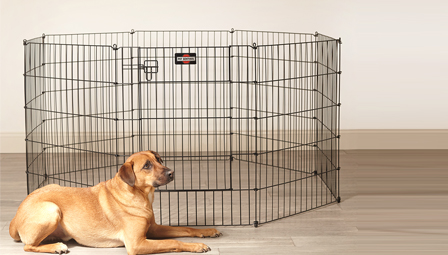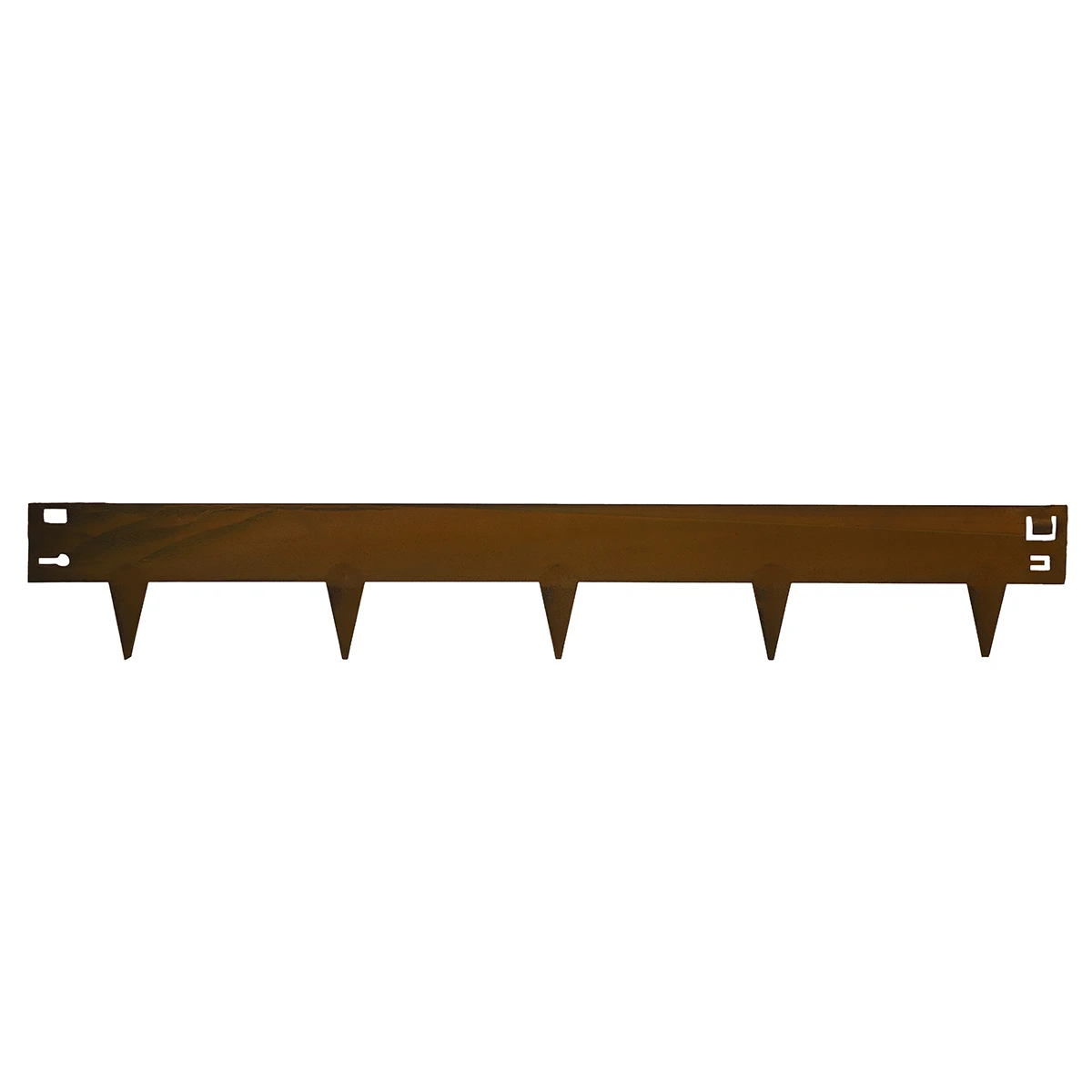different types of field fence
Ago . 30, 2024 00:02
Different Types of Field Fence
Fencing is an essential part of agricultural management, serving to define property boundaries, protect crops, and contain livestock. Various types of field fencing are designed to meet specific needs, whether it’s for security, aesthetics, or functionality. Understanding the different types of field fences can help landowners choose the right solution for their requirements.
1. Barbed Wire Fencing One of the most common types of fencing used in agricultural settings is barbed wire fencing. This type consists of strands of wire with sharp barbs spaced at intervals. Barbed wire is affordable, easy to install, and effective in deterring livestock from escaping or intruders from entering. However, it may not be suitable for all animals, especially those that are prone to injury or have delicate skin.
Different Types of Field Fence
3. Field Fencing (Stock Fencing) Field or stock fencing usually consists of vertical and horizontal wires, forming a grid-like pattern. This type of fence is particularly versatile, as it can hold a wide range of animals, including sheep, goats, and deer. Field fencing is durable and can be installed with or without barbed wire on top for added security against wildlife.
different types of field fence

4. Woven Wire Fencing Similar to field fencing, woven wire fencing has a tighter mesh structure, making it ideal for keeping smaller animals contained, such as rabbits and chickens. The woven design provides strength and stability, while the mesh size prevents animals from squeezing through. This type of fencing can also be aesthetically pleasing and is often used in residential areas or garden settings.
5. Vinyl Fencing For those who prioritize aesthetics along with functionality, vinyl fencing may be the best option. These fences are durable, low-maintenance, and come in a variety of styles and colors. Although vinyl fences are typically used for decorative fencing in residential areas, they can also serve as effective barriers in agricultural settings when constructed properly.
6. Chain-Link Fencing Chain-link fencing is another versatile option that offers visibility while providing security. While commonly used in commercial properties, chain-link fences can also be effective in agricultural settings, especially for containing livestock and securing equipment.
In conclusion, selecting the right type of field fence depends on various factors, including the type of livestock being enclosed, aesthetic preferences, and budget constraints. Understanding the differences among these options allows landowners to invest in fencing solutions that best suit their agricultural needs.









 Unity
Unity Creation
Creation Challenge
Challenge Contribution
Contribution










